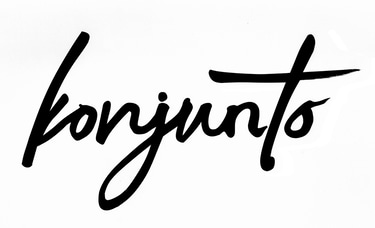leather & sustainability
Put simply, we consider every square inch of an animal hide to be a precious, natural resource.
Today, the rapid rate at which we consume materials of any origin cannot exist without damaging our environment. And the global leather market's scale significantly contributes towards environmental damage due to the number of skins required for various products, including shoes, handbags, furniture, and more.
The entire manufacturing process of leather is a complex, time-consuming, resource intensive process, going through several phases of chemical and water based treatments until obtaining a product of recognised quality. This is also true of synthetic materials.
However, unlike synthetic material which arrives on a roll, the animals used to produce leather, cows, sheep and goats come in all different shapes, sizes and physical conditions and the resulting leather made from their hides will bear marks and the textures of the different areas of their bodies. In footwear and accessories manufacturing only the most structurally strong and visually unblemished parts are used, leaving much of the rest of the skin, around the belly, legs and neck to go to waste.
Konjunto predominantly uses those parts of the skin which would be discarded during the manufacture of footwear and accessories, as these 'looser' parts can be used effectively in our work, which by their modular design are strengthened by their overall construction and, as wall pieces, do not undergo the same physical stress that a shoe or a handbag would in wear.
Until a time when leather production decreases, faces moderation, or completely ceases, the up-cycling of pre-consumer cut off ‘waste’ leather offers one of the most ethical and sustainable options, as it utilises leather already created, reducing at least in part some of the ecological footprint needed to create ‘new’ leather, while simultaneously reducing the amount of waste being sent to landfill or incineration.
We also supplement our use of up-cycled leather with excess stock, also known as dead stock or overstock from local tanneries, factories, brands and other suppliers. These are leathers which have been made and ordered but have not been used in sampling or production, often sitting in warehouses for a long time, unused and unsold.
We only use leather of domesticated animal origin: Bovine/Cow, Ovine/ Sheep and Caprine/Goat. Konjunto finished pieces may be one or a combination of those different leather types, which have been designated as either as ‘full grain leather’, ‘coated leather’, for example, patent leather or ‘leather split’ usually known as suede.
We do not work with the leather of any protected species.


